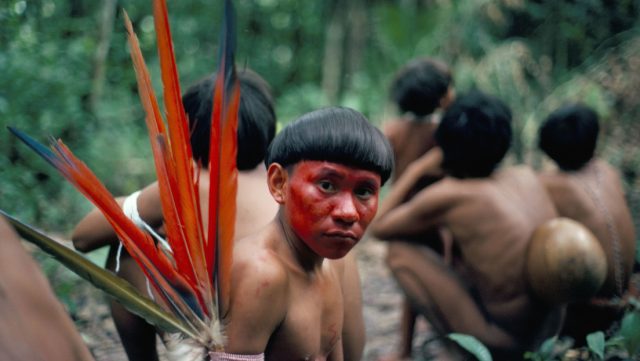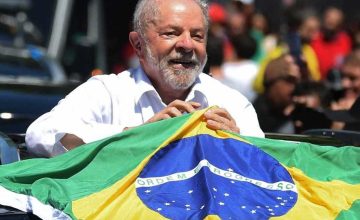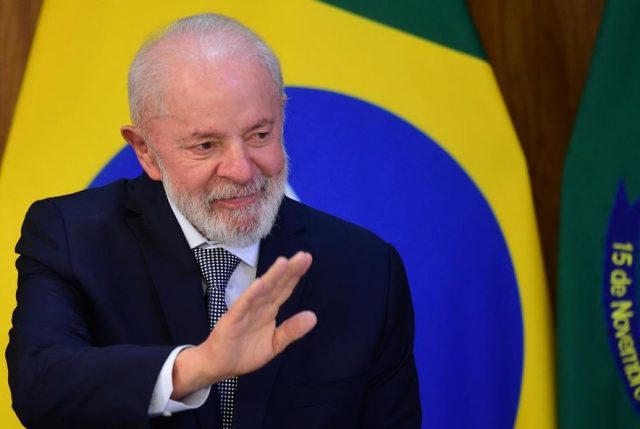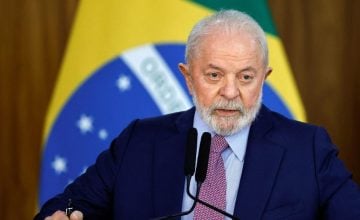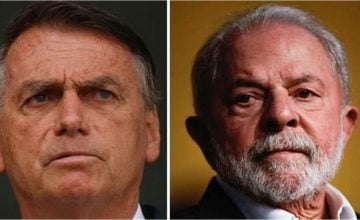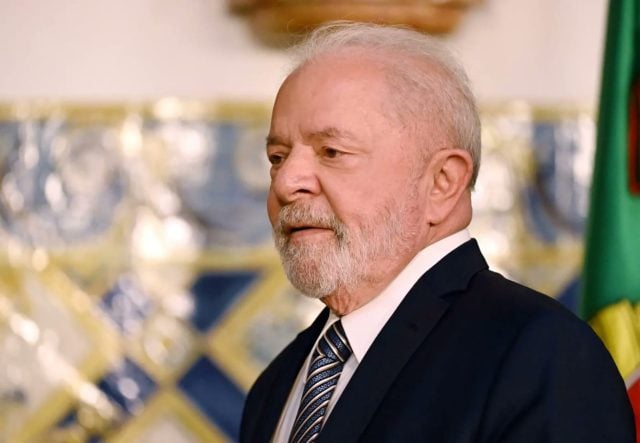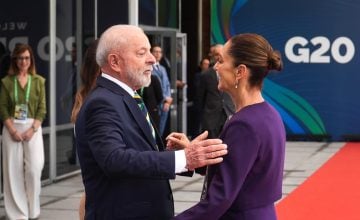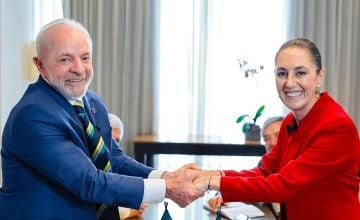Bodies with ribs sticking out, sick children, old women weakened by chronic malnutrition and a woman dead last week. The humanitarian tragedy suffered by the Yanomami people is once again the subject of complaints, but this time not by the indigenous people or by human rights organizations, but by the new government of Luiz Inácio Lula da Silva, which accuses former President Jair Bolsonaro of committing a «genocide».
The situation has come into the hands of the Federal Police, which is already investigating whether there was a crime of «genocide or omission» by the members of the former Executive «given the repeated requests for help» from the Yanomami people, reports RT.
«An investigation without borders (…) there were hundreds of official documents sent to ministries and public entities. Now, these people will have to explain why, once notified, they did nothing», explained Justice Minister Flávio Dino. In his opinion, the penalties could reach up to 30 years in prison.
Since his electoral campaign, Lula has promised to combat the devastation of the Amazon rainforest, especially in indigenous reserves. Upon reaching the government, he created the Ministry of Indigenous Peoples and placed an indigenous woman at the helm, the well-known activist Sonia Guajajara, who became the first indigenous minister in the history of Brazil.
Another relevant change was putting Joenia Wapichana, the first indigenous legislator in this country, at the helm of the National Indian Foundation (Funai), which was renamed the National Foundation for Indigenous Peoples because the word «indian» is considered discriminatory.
This state body for indigenous affairs was left highly militarized and with its powers decimated by Bolsonaro’s action. Lula’s Executive dismissed more than 40 uniformed officers from Funai this week. These political movements have been immediately noticed.
The Government has offered shocking data: in 2022, 99 Yanomami children died from malnutrition, pneumonia or diarrhea – all preventable diseases – and in the four years of Bolsonaro’s administration, 570 minors died throughout the territory.
A team from the Ministry of Health traveled to the area last week to study the situation. Four days later, a state of public health emergency was declared. More than 1,000 indigenous people have been treated, and the most serious cases are transferred to Boa Vista, the capital of Roraima, a border state with Venezuela. There are more than 50 children in intensive care.
Accompanied by Wapichana and Guajajara, and other government officials, Lula visited Roraima and was emphatic in saying that he was «shocked», blamed Bolsonaro for committing genocide, and announced the fight against «garimpo (illegal mining)».
Yanomami vs. ‘garimpo’ explosion
The Yanomami Indigenous Land, the largest indigenous reserve in Brazil, is distributed between the state of Amazonas and Roraima and some 29,000 indigenous people live in approximately 350 communities of Yanomami, Ye’kwanas and various isolated groups.
Indigenous peoples have tirelessly denounced inside and outside Brazil, including before the International Criminal Court, the drama they are suffering. It is estimated that there are some 20,000 «garimpeiros (illegal miners)» in their area (the reserve) and many are linked to gangs such as the First Command of the Capital (Primer Comando de la Capital – PCC), the most powerful criminal organization in Brazil, which dominates drug trafficking in Roraima.
Since the 1970s, in the midst of the military dictatorship (1964-1985), the ‘garimpeiros’ were already aggravating deforestation, generating violence against communities and spreading diseases such as malaria -later covid- and encouraged the entry of drugs and alcohol into the ancestral communities.
They have always used mercury to separate gold from other sediments and it spreads on the ground or in river water, so people become contaminated after eating infected fish.
But the situation worsened exponentially during the administration of the ultra-right, where there was an explosion of the ‘garimpo’. Bolsonaro dismantled public policies, defended the legalization of mining, promoted agribusiness, mining companies, and even vetoed key articles that guaranteed indigenous people access to basic services such as drinking water, hygiene materials, or basic food baskets.
Although the Justice system forced him to back down these last measures before, the plan that he proposed four months later was widely criticized. Nothing or almost nothing was done.
The devastation of the jungle because of deforestation and fires broke records, while Bolsonaro’s incendiary rhetoric encouraged the advance of other environmental crimes despite international criticism. The Inter-American Court of Human Rights (IACHR) asked the Executive in July to protect the basic rights of indigenous peoples. It got no response.Illegal gold
The Minister of Justice, Flávio Dino, assures that once the health crisis is solved, the plan is to carry out a process of removing the illegal miners from these territories. But getting them out won’t be easy.
The reserve measures almost 100,000 square kilometers, slightly more than the area of Portugal, and the miners are scattered in remote places, difficult to access, and after decades in the area they are more than settled – they have been building soccer fields, bars, restaurants – and their activity generates enormous political and economic interests.
It is estimated that half of the gold production in Brazil, which exceeds 100 tons per year, is illegal and represents, in the market, some 2,500 million dollars (2,294 million euros). Dino explained that the Government is working to declare a current mining law unconstitutional, which encourages the «circulation of illegal gold» and allows it to be purchased without complying with certain guidelines, because the «good faith» of the sellers on the matter of the origin of the merchandise is presumed.
“The law has to be fulfilled. There is no possible negotiation (…) And there can be no private exploration without authorization, they are lands of the Union (…) The productive chain must ensure business ethics and transform illegal products into legal ones”, he concluded.
